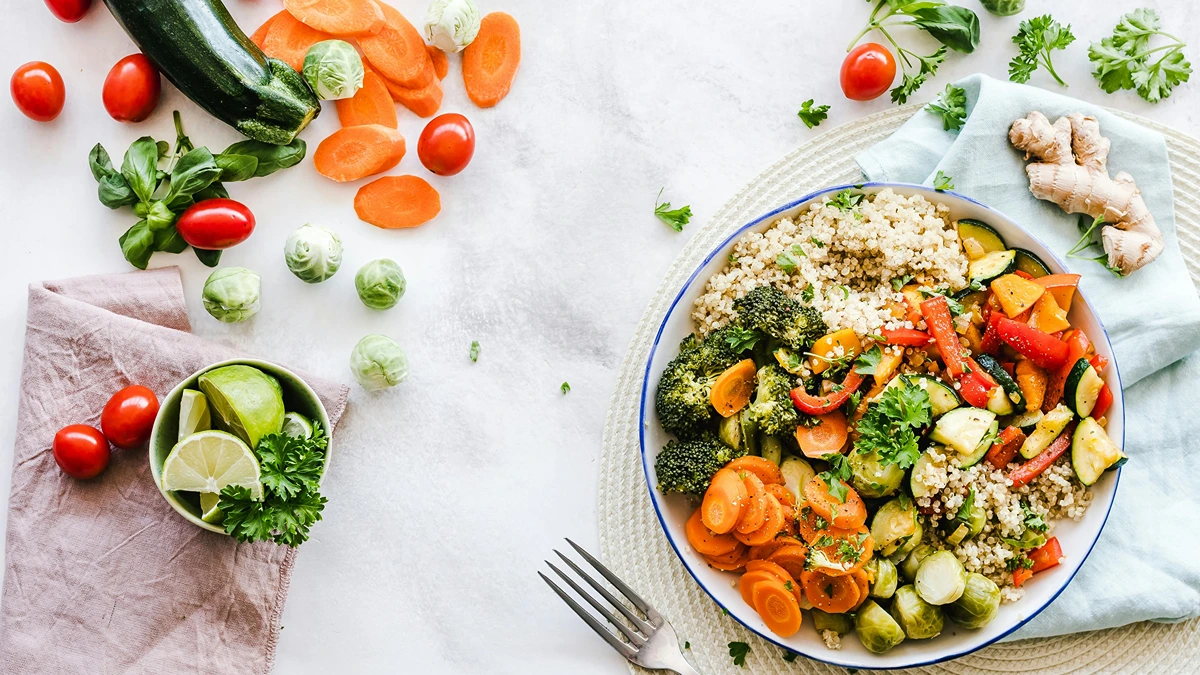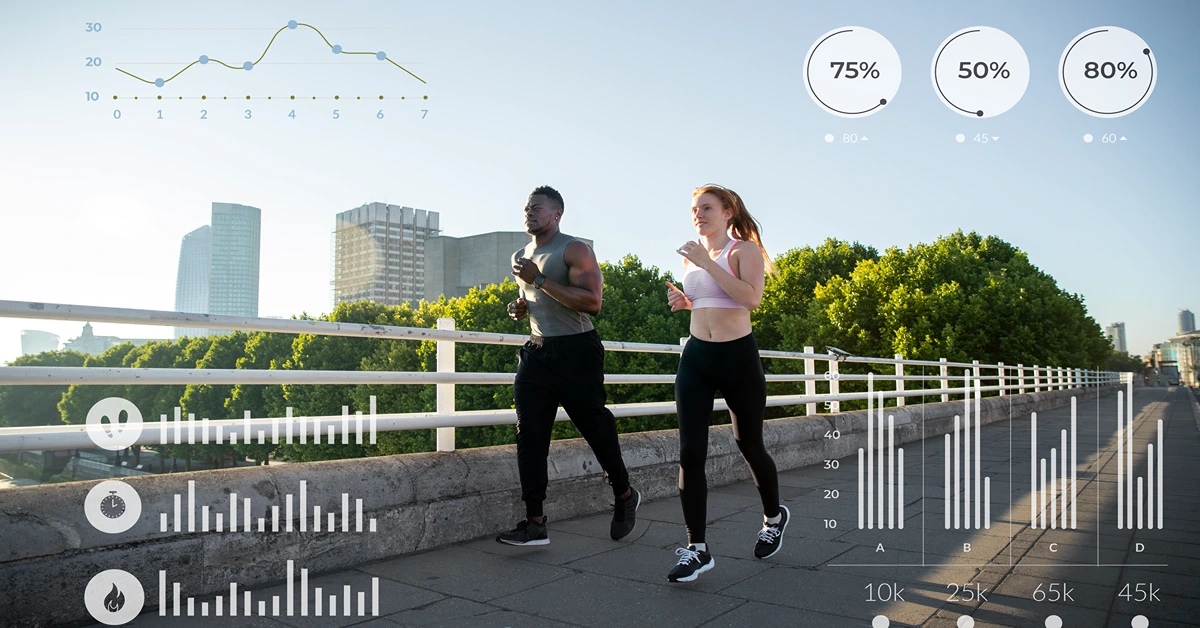Known risk factors include: high cholesterol, obesity, high blood pressure, diabetes mellitus, elevated homocysteine, cigarette smoking, chronic emotional stress (“Type A personality”), sedentary lifestyle and a family history of heart disease (genetics). Fortunately, all of these risk factors can be modified and possibly eliminated.
How do these risk factors lead to heart disease? Most of them appear to work through a final common pathway-the release of toxic substances that irritate the lining of the arteries. This irritation leads to a build up of inflamed clumps of cholesterol and calcium-called plaque–in the arterial walls. When the plaque gets thick, it causes a partial obstruction, slowing the blood supply to tissues and organs downstream. If the blood supply is completely shut off, the result can be a heart attack or stroke.
The ten daily recommendations consist of different ways to insure a good oxygen supply to the tissues, lower cholesterol, eliminate the toxins that irritate the arterial walls and keep the blood naturally thin and less likely to clot. By making some simple changes in your diet, taking a few nutritional supplements, exercising regularly and engaging in nurturing social activities, you can maximize your chances at living a long and healthy life.
To keep your heart and blood vessels healthy, try to include the following 10 things EVERY DAY:
- Get some exercise – enough to breathe deeply for 20 minutes: for example, skip the elevator and climb the stairs; take a walk during lunch; ride your bike to work.
- Replace greasy, fried foods and refined carbohydrates (sugar and flour) with a couple of servings of colorful fresh fruits and vegetables.
- Add a tablespoon of fiber from oat bran, psyllium seed husks or freshly ground flax seeds.
- Add a freshly minced garlic clove to your dinner, OR take two garlic tablets containing a total of 6000 mcg of allicin.
- Eat a serving of deep sea/cold water fish, such as salmon, mackerel, tuna or sardines, OR take a supplement of fish oil providing 1000 mg EPA (eicosapentaenoic acid) and 500 mg DHA (docosahexaenoic acid).
- Drink a glass or two of fresh citrus juice OR take a supplement of 1000 mg Vitamin C and 1000 mg citrus bioflavonoids.
- Drink a small glass of red wine, a large glass of unsweetened purple grape juice, OR a supplement of 100 mg pinebark (Pynogenolâ„¢) or grapeseed (proanthocyanidin) extract.
- Take 400 IU of natural Vitamin E (d-alpha tocopherol) with 50mg Coenzyme Q10 (ubiquinone).
- Take a supplement of vitamin B complex containing at least 800 mcg folic acid, 25 mg B6 and 50 mcg B12.
- Share your feelings: take some quality time to connect with a friend or loved one.





